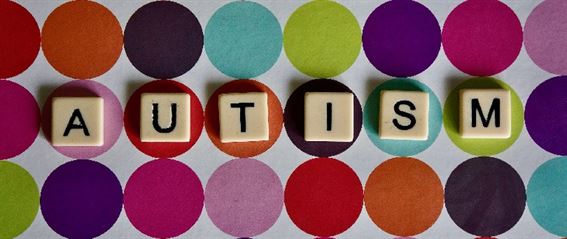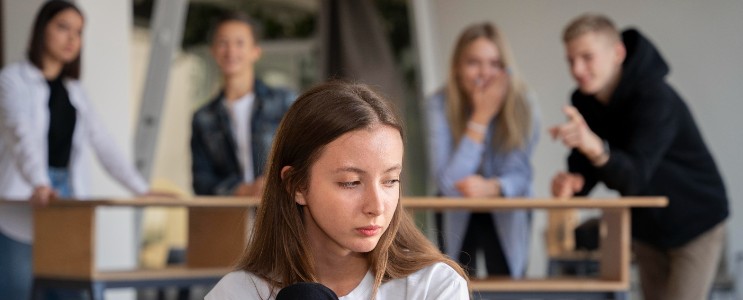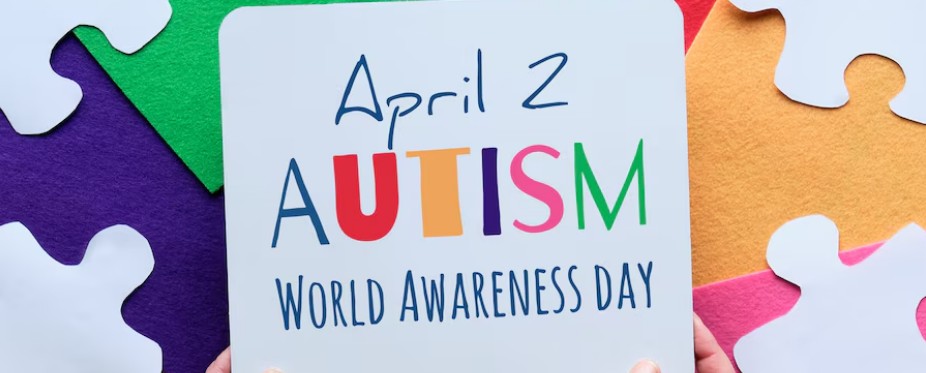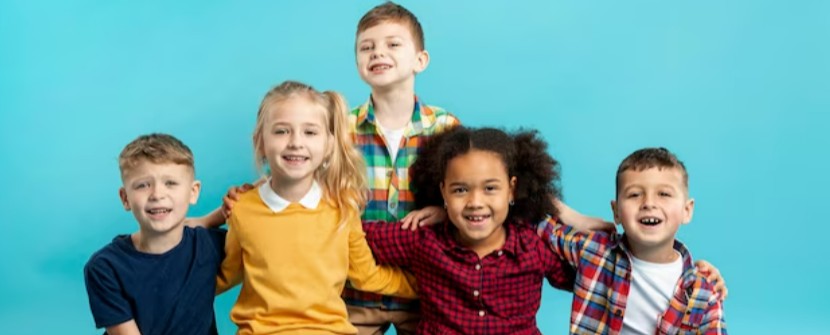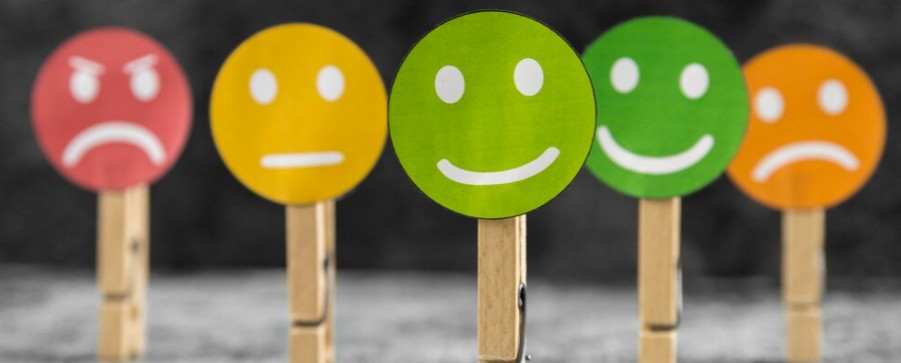
Celebrating Neurodiversity
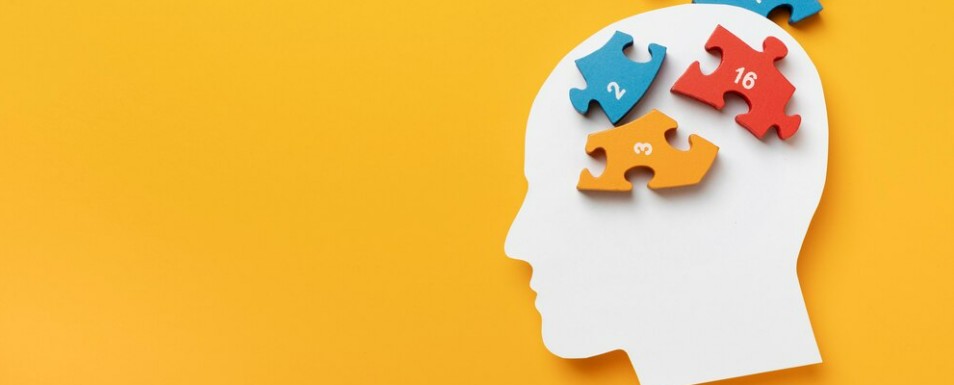
Celebrating Neurodiversity
This week, we celebrate Neurodiversity Week. But what exactly is neurodiversity? In simple terms, it refers to the natural variations in how our brains function, influencing how we think, learn, and interact with the world. Neurodiversity describes the idea that people experience and interact with the world around them in many different ways; there is no one "right" way of thinking, learning, and behaving, and differences are not viewed as deficits. Some of the most common neurodivergent conditions include Attention Deficit Hyperactivity Disorder (ADHD), Autism Spectrum Disorder (ASD), Dyslexia, Dyspraxia, and Tourette Syndrome.
While these terms might sound like diagnoses, it's important to remember that the human brain is inherently diverse. No two brains are wired exactly alike. Some brains excel at processing visual information, while others are more attuned to auditory details. Some thrive on routine, while others find inspiration in chaos. Neurodiversity simply acknowledges this natural variation and celebrates the unique strengths each brain type brings to the table.
Respecting Differences, Recognizing Strengths
For many neurodivergent individuals, life can present unique challenges. Traditional educational systems or social situations may need to be better suited for their specific learning styles or sensory processing. This can lead to frustration, a sense of isolation, and even a misdiagnosis of a problem rather than recognising a different way of being.
Understanding and respecting these differences is crucial for fostering an inclusive environment. Imagine a classroom where a student with ADHD thrives in a dynamic learning setting, while a student on the autism spectrum benefits from a more structured approach. Or, consider a workplace where an individual with dyslexia excels at brainstorming ideas, while someone with dyspraxia demonstrates exceptional technical skills. By recognizing and appreciating diverse neurological needs, we can create spaces where everyone has the opportunity to flourish.
However, neurodiversity is not a deficit. Each neurodivergent type comes with its own set of strengths. Individuals with ADHD often possess boundless energy and creativity. People with ADHD often demonstrate exceptional creativity, hyperfocus, and boundless energy. Individuals on the autism spectrum may possess unparalleled focus, detail-oriented minds, and a deep passion for specific subjects. Dyslexic individuals can have exceptional visual-spatial reasoning and problem-solving skills. Dyspraxic individuals might excel in kinesthetic learning and have a unique artistic flair. People with Tourette Syndrome can exhibit remarkable wit, resilience, and a strong sense of self-advocacy.
Why Neurodiversity Matters
Neurodivergent individuals bring a wealth of talent, creativity, and innovation to the table. Here are some reasons why neurodiversity is important and worth celebrating:
- When neurodivergent strengths are recognized and supported, individuals can reach their full potential and contribute significantly in their chosen fields.
- Neurodivergent minds often think outside the box, leading to groundbreaking ideas and solutions that benefit everyone.
- A diverse range of perspectives fosters a more vibrant and interesting society.
Celebrating Neurodiversity: Creating a More Inclusive World
Neurodiversity Week is a time to raise awareness, challenge stereotypes, and foster a more inclusive environment for everyone. Schools, workplaces, and communities can all play a role in celebrating neurodiversity. Here are some ways to participate:
- Educate yourself and others: Learn about different neurodivergent conditions, their strengths and challenges. Sharing accurate information helps dispel myths and fosters understanding.
- Embrace flexibility: Recognize that one-size-fits-all approaches don't work for everyone. Be open to different learning styles, communication methods, and ways of working.
- Celebrate differences: Create environments where everyone feels valued for their unique perspective and contributions.
- Provide support: If someone struggles in a particular area, offer support and resources that cater to their specific needs.
Famous Faces with Neurodiverse Brains
Many successful and influential figures throughout history have thrived with neurodivergent brains. The renowned scientist and inventor Nikola Tesla may have fallen on the autism spectrum. Even prominent artists like Michelangelo and Leonardo da Vinci might have had forms of dyslexia. Today, celebrities like Elon Musk (who has spoken about his Asperger's Syndrome) are open about their neurodiversity, inspiring others to embrace their unique neurocognitive styles.
Here are a few other examples:
- Albert Einstein: This iconic physicist, known for his groundbreaking theories of relativity, is believed to have had dyslexia and Asperger's syndrome.
- Richard Branson: The billionaire entrepreneur behind the Virgin Group is dyslexic and credits his neurodiversity for his creative problem-solving skills.
- Whoopi Goldberg: The award-winning actress and comedian has openly discussed her dyslexia diagnosis, highlighting the unique learning styles of neurodivergent minds.
- Steven Spielberg: The visionary director behind iconic films like E.T. and Jurassic Park has spoken about his struggles with dyslexia, proving that it doesn't hinder creativity.
Why Celebrate Neurodiversity?
Neurodiversity isn't just about individual strengths; it's about the collective power it brings. A team with a variety of neurocognitive styles can generate a wider range of ideas, solve problems from different angles, and foster a more innovative environment. So, why is neurodiversity so important? Because it represents the very essence of human variation. It's the reason we have groundbreaking scientific discoveries, stunning works of art, and innovative solutions to complex problems. By fostering understanding and inclusivity, we can create a world where everyone, regardless of their neurocognitive style, can thrive and reach their full potential. Let's celebrate the neurodiversity of minds.
Articles
Build your awareness and get inspired with our researched articles on how you can strengthen your well-being
Popular Topics
An OTP has been sent to the email address
provided.
Please check your Inbox and Spam folders.

What Would You Like to Speak with a Specialist About?
Mental Fitness Journey starts Now!
Chearful Connects you with Top-tier Qualified Wellness specialists for the Price of a cup of Coffee!

Next Steps
- A Client Team member will reach out to you to schedule a session with the most suitable specialist.
- You will receive an email with a 10% Discount Code* for your 1st session.
- We invite you to Explore the Platform & Sign Up today! *Upto a maximum of $10 discount on a session purchased



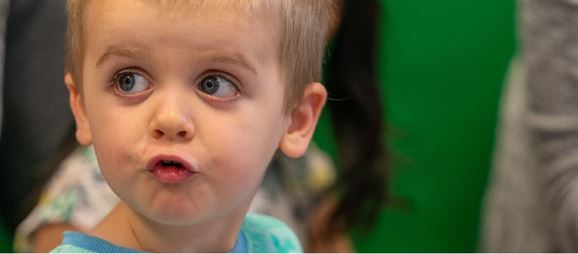
 1426 Read
1426 Read

